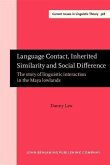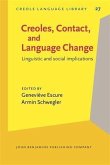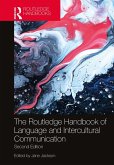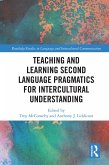At the heart of this volume lies an exploration of what actually happens to languages and their users when cultures come into contact. What actions do supra-national institutions, nation states, communities and individuals take in response to questions raised by the increasingly diverse forms of migration experienced in a globalized world?
The volume reveals the profound impact that decisions made at national and international level can have on the lives of the individual migrant, language student, or speech community. Equally, it evaluates the broader ramifications of actions taken by migrant communities and individual language learners around issues of language learning, language maintenance and intercultural contact. Reflecting Jan Blommaert's assertion that in a world shaped by globalization, what is needed is 'a theory of language in society... of changing language in a changing society', this volume argues that researchers must increasingly seek diverse methodological approaches if they are to do justice to the diversity of experience and response they encounter.
The volume reveals the profound impact that decisions made at national and international level can have on the lives of the individual migrant, language student, or speech community. Equally, it evaluates the broader ramifications of actions taken by migrant communities and individual language learners around issues of language learning, language maintenance and intercultural contact. Reflecting Jan Blommaert's assertion that in a world shaped by globalization, what is needed is 'a theory of language in society... of changing language in a changing society', this volume argues that researchers must increasingly seek diverse methodological approaches if they are to do justice to the diversity of experience and response they encounter.









